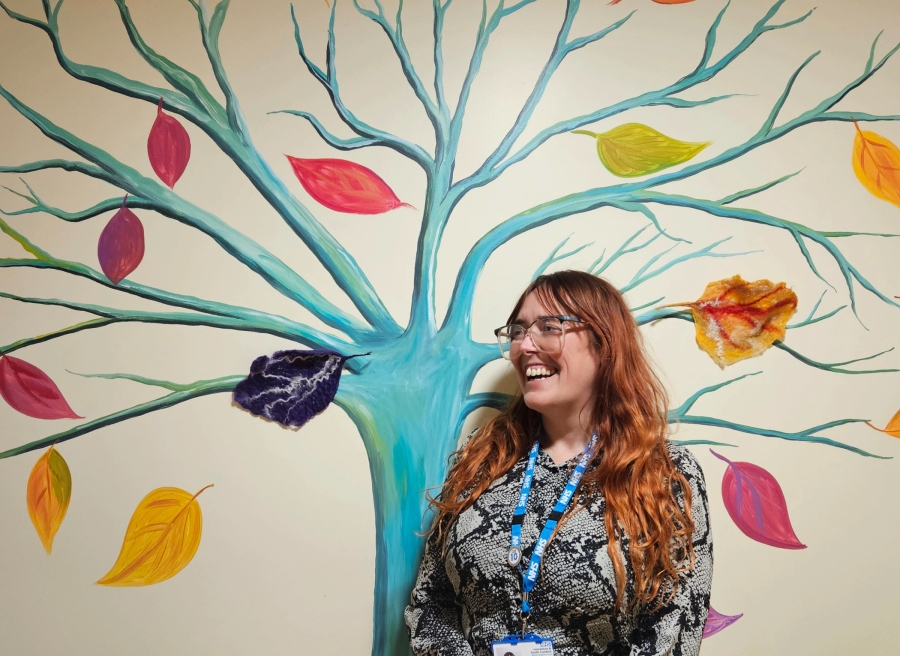This Eating Disorders Awareness Week we thought we would give you an insight into a day in the life of a colleague from our All Age Eating Disorders Service.
Dr Jane Evans is a Consultant Clinical Psychologist and works with people with a range of eating disorders across Lancashire and South Cumbria to help them on the road to recovery.
We have 700 people currently being treated by our five eating disorders teams and Jane is part of the Senior Leadership Team.
The service works with people who are struggling with anorexia nervosa, bulimia nervosa, binge eating disorder and OSFED (other specific feeding or eating disorder).
Every Wednesday morning from 9.30am to until lunchtime, Dr Jane chairs a multi-disciplinary team (MDT) meeting discussing new assessments where the MDT triage people effectively to consider the most appropriate treatment pathways and other clinical issues.
After lunch for an hour, between 1pm and 2pm, Jane supervises one of the other psychologists or therapists. Supervision is an important part of any clinical colleagues’ continuous development to ensure our service users are getting the best person-centred, safe and quality care.
Between 2pm and 3pm Jane will facilitate a complex case discussion where team members working with a particular patient presenting with complex difficulties will reassess the best treatment options.
Dr Jane said: "We use this time and space to try and develop a deeper understanding of the person and their difficulties, in order to help us provide better support for them in their recovery."
Between 3pm and 4pm Jane delivers some individual therapy. Dr Jane said:
"The people I see for therapy, typically present with severe anorexia nervosa, although I also see people with other presentations. The model of therapy I most typically use is the Maudsley Model of Anorexia Nervosa Treatment for Adults (MANTRA).
This is a NICE guidelines recommended treatment. Within this therapy, I work with a service user to improve motivation and make changes to their eating habits.
MANTRA addresses many factors which might maintain the eating disorder, such as how somebody manages their emotions, difficulties in relationships, thinking style and identity. I work with someone collaboratively on developing a personal formulation to identifying which of these areas are important in maintaining their eating disorder and then work on supporting them to break the vicious cycles which keep them stuck in the eating disorder.
After that I try and get all my paperwork done and that’s the end of a very busy day."
Our Eating Disorders Service treats people of all ages, genders and backgrounds. We offer various therapies including cognitive behavioural therapy for eating disorders (CBT-ED) in both individual and group settings.
We offer family therapy for anorexia nervosa and bulimia nervosa. We also offer other therapies and support from dietitians, nurses, specialist mental health workers, psychiatrists and medics.

